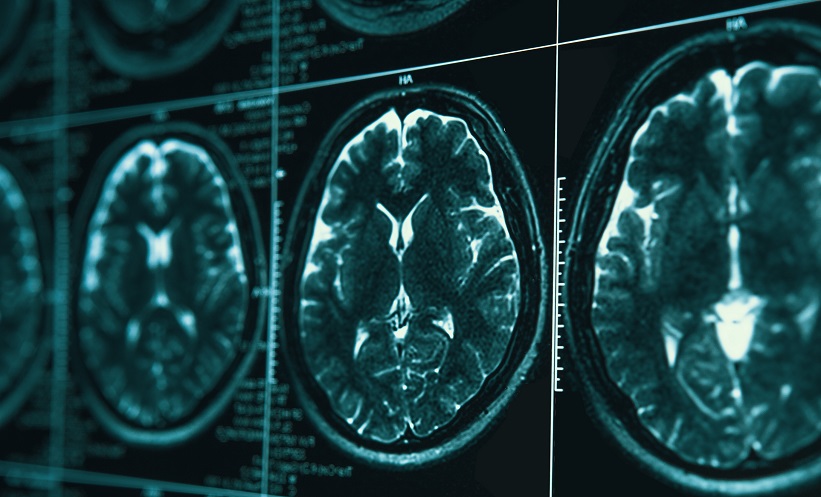Brain imaging is an established tool in assessing neurological injury following out-of-hospital cardiac arrest (OHCA), but much of the research has focused on identifying irreversible damage or death. A recent study has shifted the focus to survivors, evaluating how a composite MRI score could predict functional neurological outcomes at the point of hospital discharge. Crucially, this score may help clinicians differentiate between levels of recovery potential, offering earlier and more nuanced insight into prognosis.
Researchers retrospectively reviewed data from 42 OHCA survivors treated between 2017 and 2023 who underwent brain MRI within 2–7 days after cardiac arrest and survived to hospital discharge. The team developed a neuroprognostication (NP) score, ranging from 0–214, derived from specific signal abnormalities on diffusion-weighted imaging and FLAIR sequences across defined brain regions. Neurological outcomes were categorised using the Cerebral Performance Categories (CPC) scale: CPC 1–2 (independent), CPC 3 (dependent), and CPC 4 (vegetative state). Correlations between NP scores and outcomes were assessed using statistical analysis and computational modelling.
Of the 42 patients (median age 47, 74% male), half regained independence (CPC 1–2), while 24% were dependent and 26% remained in a vegetative state at discharge. NP scores were strongly associated with outcomes (Spearman’s rs=0.69; p<0.001), with significant differences observed across CPC categories (p<0.001). Transition thresholds were identified: a score of 15 marked the divide between independence and dependency, while 54 distinguished dependency from vegetative state. Among patients with preserved bilateral somatosensory evoked potentials, median NP scores were 0 for independent, 29 for dependent, and 68.5 for vegetative patients, further reinforcing the score’s prognostic relevance.
These findings suggest that quantitative brain MRI scoring could become a valuable tool in early neuroprognostication for OHCA survivors, helping guide discussions with families and informing rehabilitation planning. However, limitations include the small, single-centre sample and lack of long-term follow-up or inclusion of deceased patients. Broader validation in larger, multicentre cohorts is needed before the NP score can be integrated into clinical guidelines. Nevertheless, the results support more personalised and precise prognostication in post-cardiac arrest care.
Reference
Nguyen T et al. Ability of a Composite Brain Magnetic Resonance Imaging Score to Predict Neurologic Outcomes in Survivors of Out-Of-Hospital Cardiac Arrest. Neurocrit Care. 2025:DOI: 10.1007/s12028-025-02295-0.








